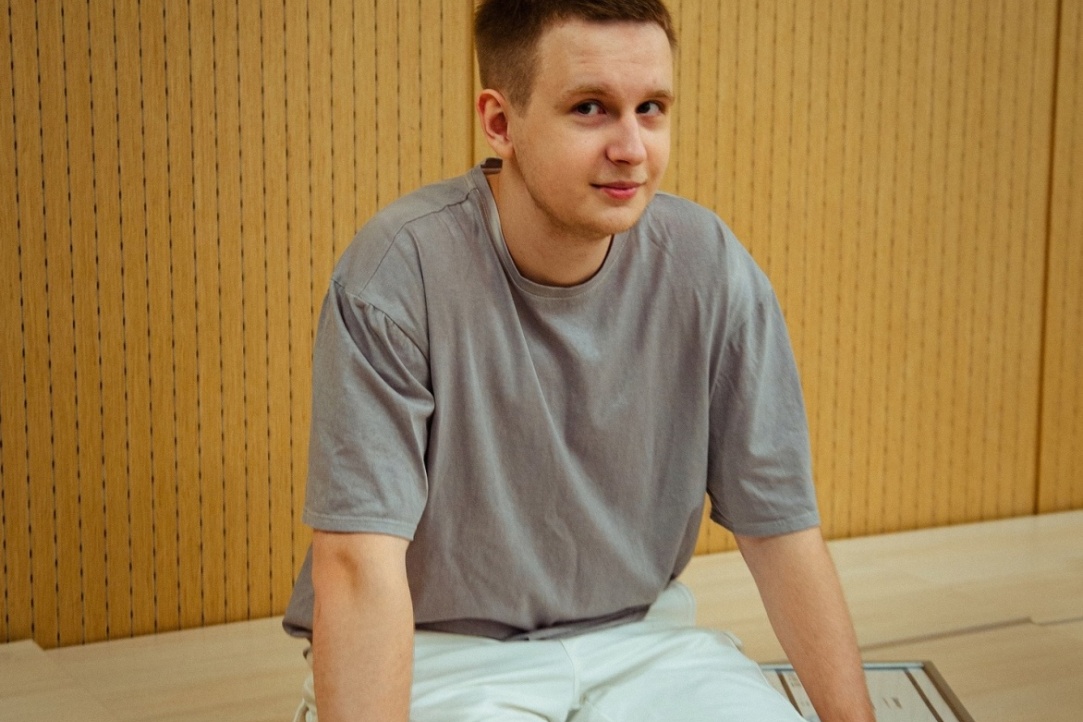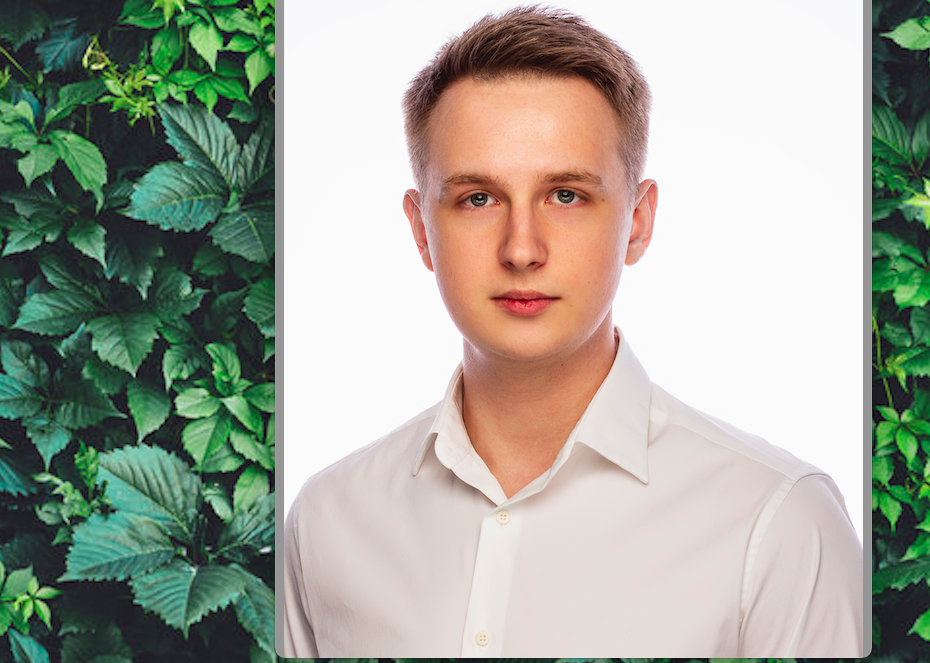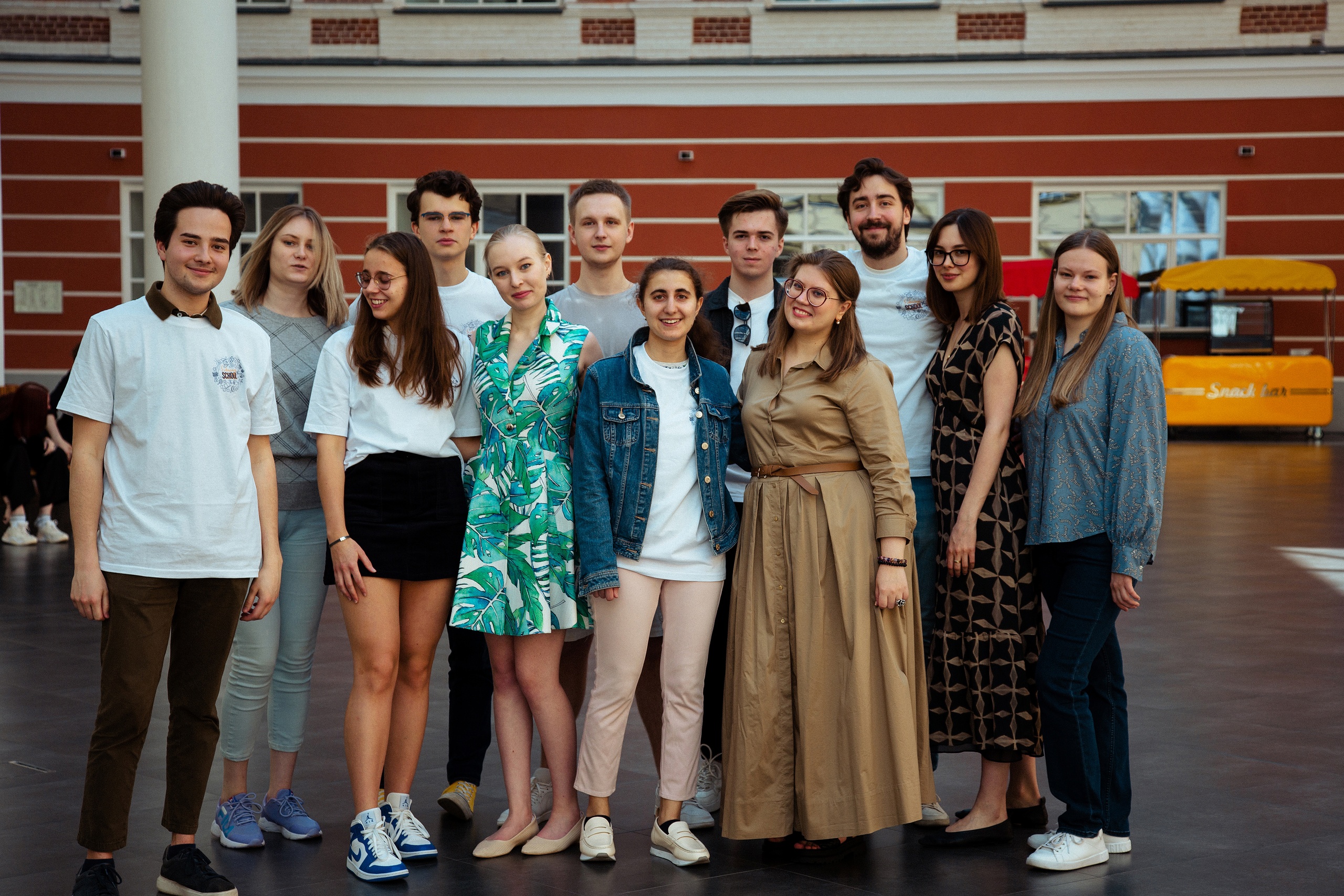“I’m Incredibly Excited to Be Part of HSE Alumni Community at MIT”

Gleb Kudryashov is in his fourth year of undergraduate study and one of the top students in ICEF’s International Programme in Economics and Finance. Gleb holds prize from last year’s Econometrics Universiade and this year he received acceptance letter from MIT (USA). Here’s why Gleb chose study over work, how he discovered his best-fit master’s in finance, and why he believes conversing with the Nobel laureates can be life-changing.
Why I chose to study economics and finance
In grades 10 and 11, I was taking advanced Math, Engineering and Computer Science classes at the HSE Lyceum. Little did I know back then that I’d be majoring in Economics. What I did know was that I enjoyed doing math and programming problems. But, in the middle of the 11th grade, I chose not to become a programmer.
Around the same time, I started looking into the study-abroad opportunities in English-speaking countries. Australia was the destination I liked best. But, having carefully studied the options, I wasn’t sure whether my idea was really worth that huge amount of resources it required. So, I started choosing from among the Russian universities and have discovered ICEF. Even though I’d never studied economics before, ICEF instantly became my first choice. With international standards of training and English as language of instruction, ICEF sounded a perfect choice – no need to move to a new country and adjust to its cultural setting. The graduate success stories only added to my confidence. To make sure ICEF was my best fit, I decided to attend a couple of classes at ICEF Evening School.

I scored high in the Unified State Exam – 92 in English, 78 in Math and 76 in Russian – and was therefore eligible for reduced tuition fee. ICEF was the only college I applied. Couldn’t think of a better place for myself. I didn’t think much about where I’d work after graduation, I was sure ICEF and its alumni community would help me go ahead with most ambitious of my plans. Besides, the field of finance offers a variety of roles, so finding a suitable job didn’t seem to be a problem.
How to make homework less work and make it to the top
I knew my performance as a student would be rated at ICEF, but in my first year I hardly thought of making it to the top of the list. I didn’t think myself capable of it, so I just studied as best as I could without aspiring to become top student. Studying economics took a lot of time. It absorbed me and became my passion. My two years at HSE Lyceum had prepared me well for studying at HSE. Here, the idea of being completely responsible for your academic success is instilled from the start, no one forces anyone to do anything. The only thing that seemed challenging was too much homework. ICEF is similar in this respect to Western universities, where students enjoy greater freedom and therefore learn to make conscious choices. I find this approach sensible. Your performance is contingent on nothing else but time and effort you invest in studying.
At first, studying was hard. I was new to the majority of topics and it took a huge amount of time exploring them and doing homework. With time, the hours spent learning on my own began to yield results – my ranking rose from 80th to 23rd to 3rd in year three.
Self-questioning: Career vs. studies
To find the answer to where I wanted to be professionally, I resorted to self-searching and reflection. Since people looked for jobs mostly in consulting and investment banking, I thought those two were the careers to aspire in the first place.
I remember myself preparing for the interview at BCG, pacing up and down the room, inventing my answer to why I wanted to work in consulting
In my third year of study, I finally figured it out for myself: I enjoyed pushing to the limits of knowledge. For me, learning is about coming up with something new, a way of self-expression. I just needed to go off the beaten track. So, I concentrated on studying and stopped worrying about internships, even though I knew I’d have to do one or two, like all other students.
When it comes to applying for a master’s or a job, internship at an international bank or a consulting company is surely an advantage. First, I interned with a large international FMCG company – it was a part-time job in business controlling. Then, I joined an investment company where I finally got to work with financial models and corporate finance. My two internships let me know that doing financial reporting in Excel was clearly not for me. I wanted to be in quantitative finance or somewhere I could use my math and programming skills.

By the end of my third year, I firmly decided to do my master's abroad and increase my chances as an internationally mobile specialist. The idea of enrolling in MIT seemed absolutely incredible at the time.
How I searched for best-fit master’s and enrolled in MIT
It wasn’t until the summer before my fourth year that I started my search. All master’s degrees in finance can be ranked according to their content of quantitative courses. At one end, there are financial engineering programmes, which are chosen mostly by people with strong math or physics skills and which prepare them for careers as quants capable of creating trading algorithms, and on the other end there are programmes leading to careers in corporate finance or investment banking.
I was looking for a degree with fairly strong quantitative component, but not to an extent that would reduce its economics scope. As a result, I applied to as many as ten schools in the UK, USA and France, including the University of Oxford, MIT and Princeton University. Acceptance letters came from LSE, University of Warwick and Vanderbilt University, but I chose to be a student of MIT.
The application process is fairly identical. You are asked to provide your academic transcript, letters of recommendation, GMAT or GRE result, English test result, motivation letter, CV and, very often, a short video interview.
After submitting your documents comes the long wait for the reply – you check your Inbox every ten minutes for the update
It took me a huge amount of time – more than 15 hours a week – to prepare my documents and especially write my motivation letter. I started in the summer. On the day the admission results were due from MIT, I got a congratulatory call from their Admissions.
In my second year at ICEF, while reading about MIT and its MFin degree I came across the photo of HSE graduate Alina Shestyaeva. I contacted her, and she kindly shared her experience of studying at MIT, for which I am very grateful. I tend to believe that my own success in admission was for the most part due to the fact that MFin had quite many graduates with bachelor’s from HSE. I am incredibly excited to be part of HSE alumni community at MIT.
MIT’s MFin has a design that allows for maximum flexibility, giving students a chance to build their own learning path based on their interests, just like at ICEF. Students are free to take any course, be it undergraduate or PhD, at Sloan School of Management or at any other MIT department, even at Harvard, and thus achieve their desired level of the “quantitative” content. You can even choose duration of your training – from 12 to 18 months. And unlike the majority of finance master’s, which normally have a duration of just one year, MIT’s 18-month programme allows you to do more courses. Their amount is simply dazzling – they number hundreds and I’m eager to try them all.
What to expect from MIT
At MIT, you find yourself among incredibly talented people from all over the world. Many are seasoned professionals with MBAs and years of experience in the industry. Some of the professors are Nobel laureates. Conversing with them will surely be a special, meaningful experience for me. I hope my next sixteen months will prove life-changing enough to set the tone for my life for decades. I hope to meet outstanding personalities and make lifelong connections. I will be supervised by people who are drivers of scientific thought and change.
I am looking forward to meet Robert Merton of MIT to hear him talk about valuation of financial instruments and to hear behavioral economics concepts explained by Matthew Rabin of Harvard
Upon graduation, I’ll be able to use my knowledge of economics, finance, mathematics and machine learning in dealing with some of the most challenging issues of finance. This surely gives me a better chance of climbing up the ladder, and doing it fast, or I might apply for a PhD. I enjoy doing research and teaching, but I think I’ll first get a couple of years of experience in the industry before I’m ready for my PhD.